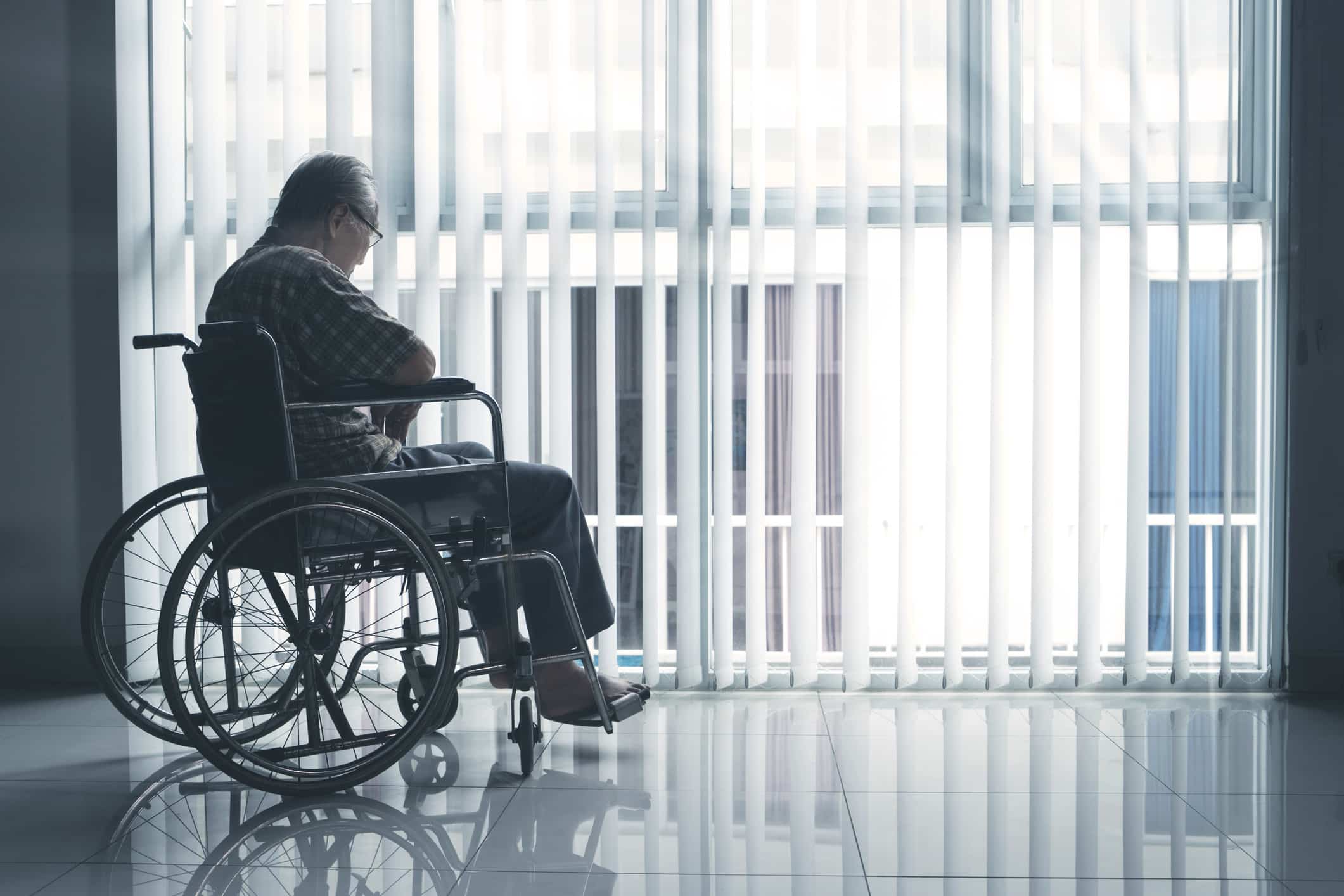Many people don’t realize how common elders are subjected to abuse or neglect by their caregiver in a nursing home facility. Unfortunately, understaffing, poor training, and low funding leads to elder mistreatment every day. If your elderly loved one suffered abuse or neglect in their nursing home, you have rights.
Our Charleston, WV, nursing home abuse lawyers are fierce advocates and have been protecting the rights of abused or neglected seniors in Charleston, Dunbar, Huntington, and cities across the state for over 30 years. We have the knowledge and resources to seek justice for your loved one. Don’t wait to call us today for help.


